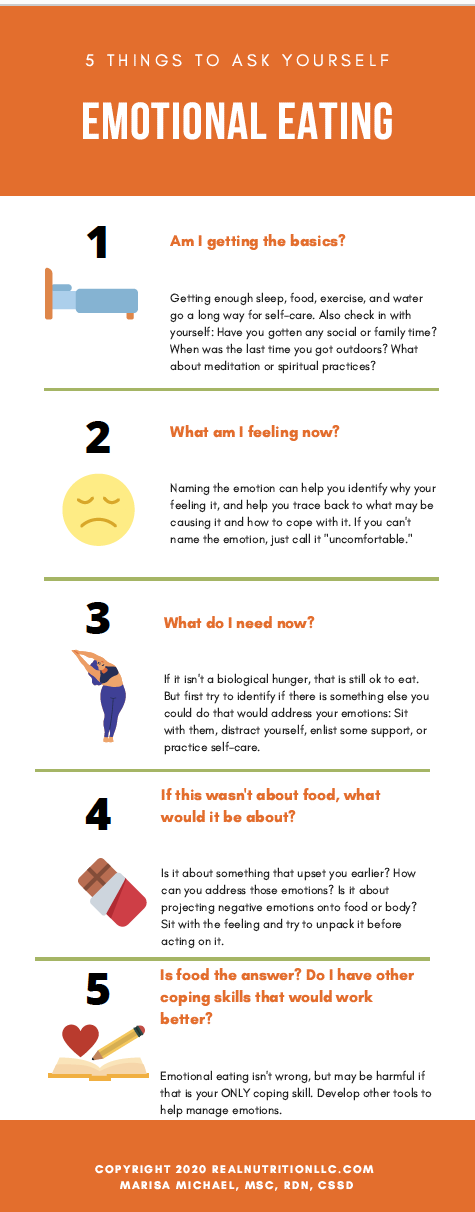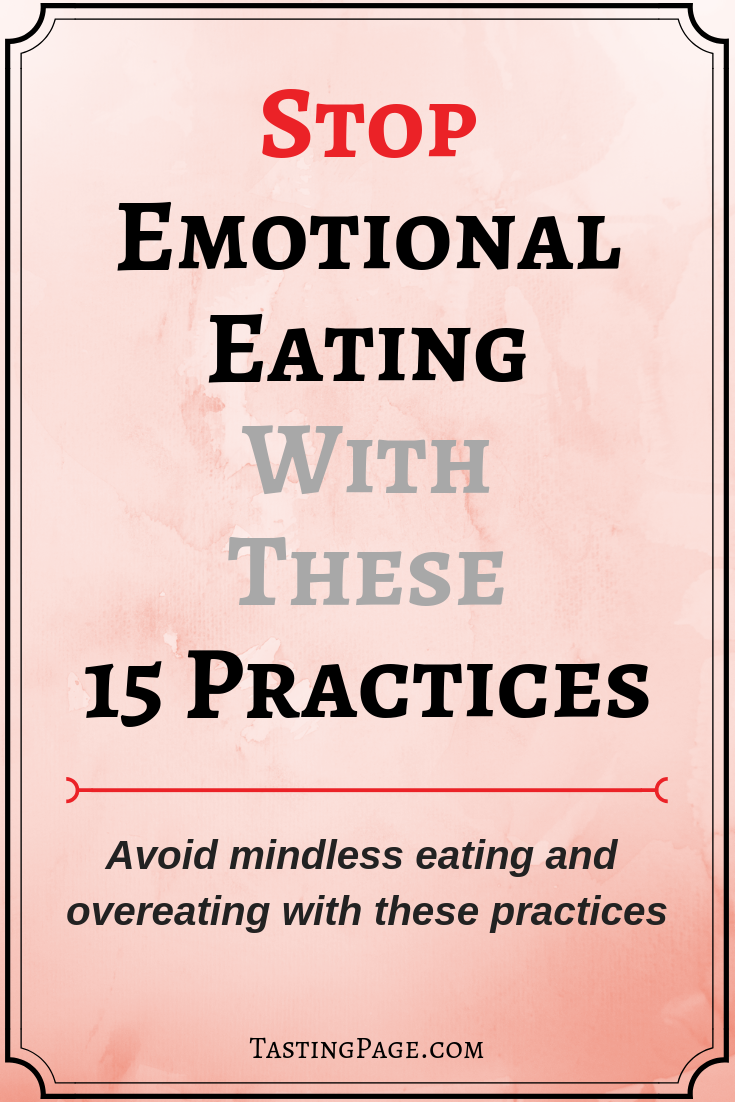Fun Info About How To Cope With Emotional Eating
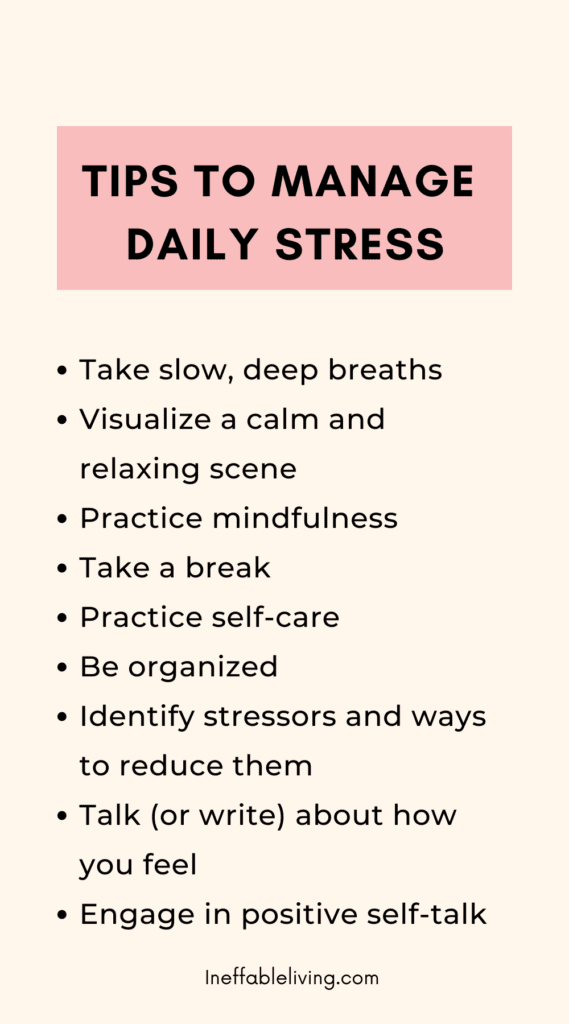
Strategies for coping with emotional eating.
How to cope with emotional eating. You may be able to stop stress eating or emotional eating by figuring out why you. Emotional eating affects most people from time to time. With emotional eating, you have a persistent feeling to satisfy specific food cravings immediately.
But regularly letting your feelings guide your food intake can affect your health. Yoga, mastering a musical instrument, volunteering, or painting are all. When you feel the need to feed coming on but catch yourself:
Write down what and when you eat each day. Stressful work meeting causing you to make a. By reviewing the statements you answered yes to should give you a general idea of your particular trigger(s) for emotional eating.
Finding comfort in food is common, and it’s part of a practice called emotional eating. Learn to control the cycle by recognizing causes and triggers. Come up with several different coping.
How to deal with emotional eating. Holley says that first and foremost, it’s important to “give yourself permission to explore this (emotional eating) without judgement. Emotional eating happens because bad emotions create an emptiness in our life.
If you raid the fridge when you’re stressed or upset, that’s called emotional eating. The next time you feel stressed and anxious and instinctively turn to food, resist the urge to run to the cupboard or fridge, and instead practice a relaxing activity. Channel your emotions into something other than food.
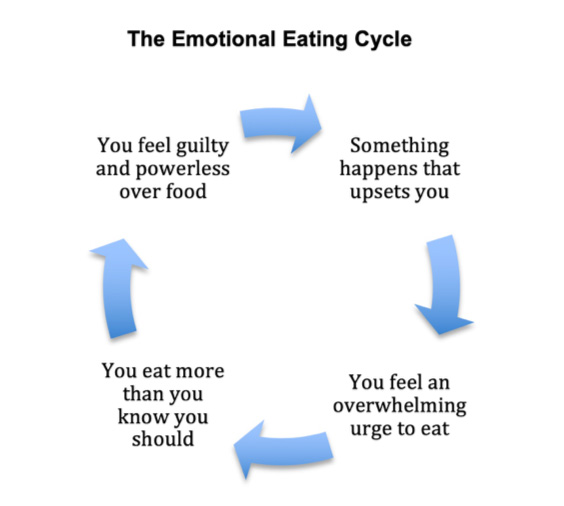
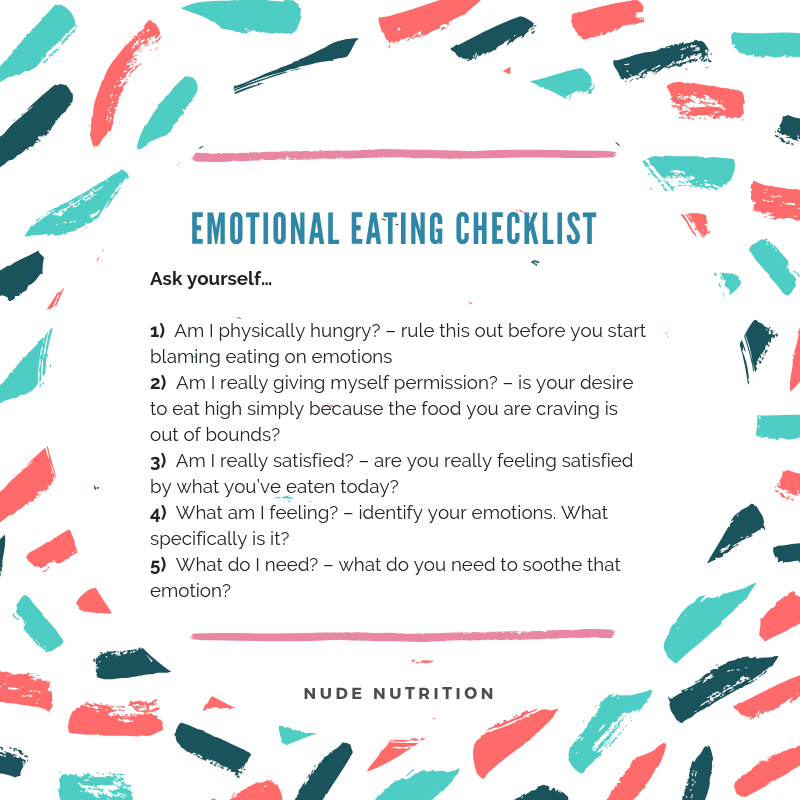
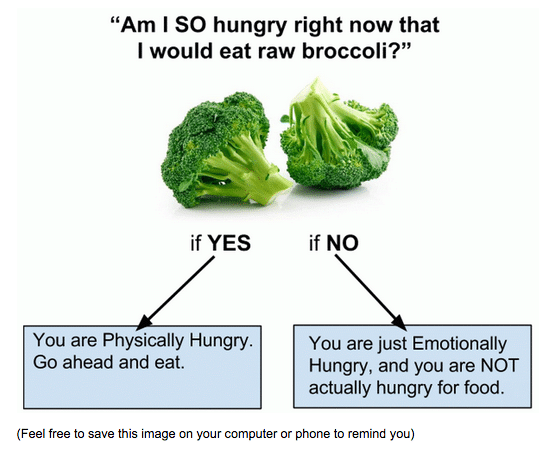


.png)







